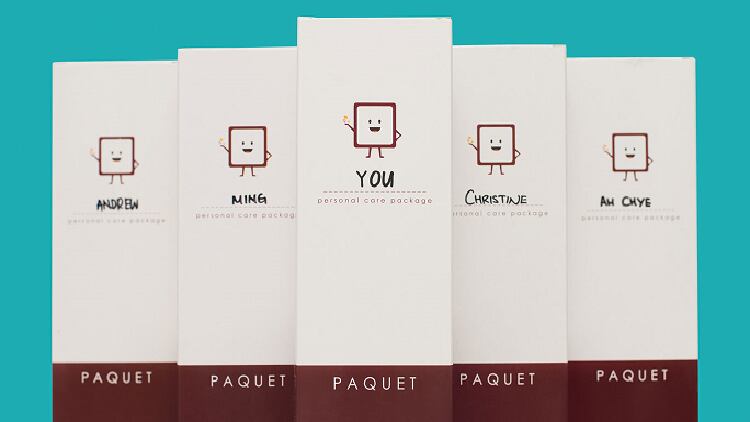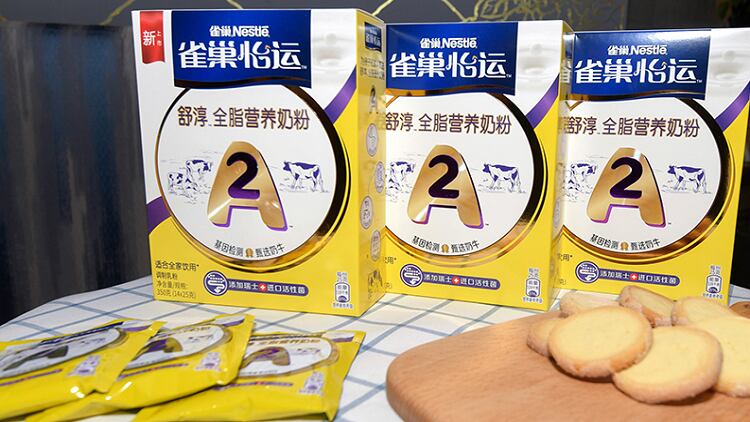One major challenge in Asia is its vast and heterogeneous population, in terms of both demographics and socio-economic status.
Access to healthcare also varies widely across the region, which also makes it tricky for firms to target consumers through practitioner channels.
At present, Japan and South Korea are leading the charge regionally when it comes to launching personalised nutrition solutions.
One example is Nestle’s DNA testing platform, called Nestle Wellness Ambassador, which sends its 90,000 users in Japan a home testing kit to analyse their blood and DNA.
It combines artificial intelligence, DNA testing and meal analysis to collect consumer data on diet and tailor food products to meet those specifications.
Similarly, Herbalife last year launched its Gene Start testing service in South Korea.
Developed with Theragen Etex, consumers who take the test then receive detailed analysis on their genetic make-up and correlating lifestyle choices.
Armed with the results, Herbalife says its members can then provide enhanced personalised nutrition programmes and products specifically tailored for their needs.
According to analyst Thomas Hayes, from Lux Research, China, Australia, and Singapore are picking up the trend too.
For example in Singapore, Imagene Labs, which recently inked a deal with GNC, formulates supplements and fitness solutions according to DNA tests, as does TCI Gene in Taiwan.
“For now, it’s just little pockets of activity, but there is nothing pervasive throughout the whole region,” he said.
Hayes said cost was still an issue, and demand from consumers was weak.
“It’s normal that these personalised nutrition programs require consumers to fork out hundreds of dollars. Even though the price point has gone down over the past five years, it is still not accessible at this point.”
“The partnership model allows you to do joint research or a pilot program to get real world data, and figure out if there is actually a viable business you can build around it. It will be of low resource but still high value way to get into the personalised nutrition business,” he added.
Mars Edge
Mars is another major FMCG brand that has being enticed into the area, although it is currently targeting products at clearly defined demographics, as opposed to the individual.
Mars Edge was founded in 2017 and its goal is to offer evidence-based products for people with shared nutritional and health needs through targeted nutrition, including its GoMo Dal Crunchies for children in India.
GoMo claims to provide 6g of protein in a 35g serving, and provides up to 15 to 100% of the Recommended Dietary Allowance (RDA) of key micronutrients, including iron, vitamin A, vitamin B12, vitamin C and vitamin D. It is also said to contain a significant amount of lysine, a limiting amino acid in the Indian diet.
The legume-based product is available in three flavours, Masala Mix, Green Chutney and Chili Lemon Pepper to suit the local tastes.
Looking ahead, the firm has said it will explore more personalised solutions.
“We believe there is huge potential for personalised nutrition to help bring together the food we want with the nutrition we need,” said Mars Edge.
The company in September acquired a significant majority stake in foodspring, a German company which offers a tailored nutrition and fitness platform.
Mars Edge’s president, Jean-Christophe Flatin said, “We’re moving from one-size-fits-all food to what's right for me. We're building a global, targeted nutrition business that will allow us to pioneer the personalised nutrition territory.”




